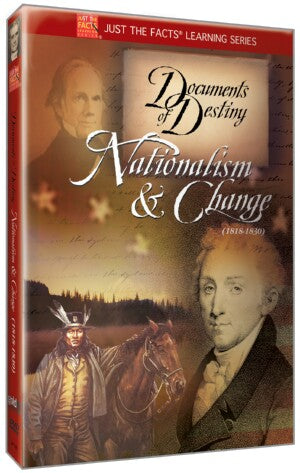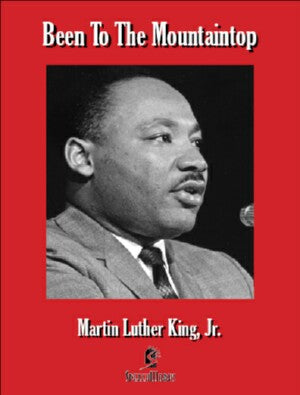Just the Facts: America's Documents of Freedom 1818-1830
American democracy has a lineage of written records that we can trace to show the development of our nation, and how each document builds on those before it to make our foundation of freedom stronger. This video examines the documents conceived during a most critical period of growth for America. Educators from noted American universities share their insights on: The Convention of 1818 (1818) , McCulloch v. Maryland (1819) The Missouri Compromise (1820) and The Monroe Doctrine (1823).The Convention of 1818 (1818) åÊ--åÊ This event resolved several important issues that followed the War of 1812.åÊ It defined the northern boundary of the Louisiana Purchase; it set the U.S.-Canada border at the 19th parallel west to the Rockies; and, as an interim agreement, it established the northern boundary of the Oregon Country.åÊåÊ åÊMcCulloch v. Maryland (1819) åÊ--åÊ Under the guidance of Chief Justice John Marshall, this landmark U.S. Supreme Court decision determined that the federal government had a right to legally establish a national bank and that a state (in this case Maryland) could not levy a state tax on a federal bank.åÊ åÊThe Missouri Compromise (1820) åÊ--åÊ When Maine and Missouri applied for statehood in 1819, the question of slave or free state arose. Henry Clay proposed the compromise that Maine be a free state and Missouri a slave state.åÊ The debate over slave states versus free states would continue and finally erupt into the Civil War 40 years later. åÊThe Monroe Doctrine (1823) åÊ-- The United States announced to the world its intent to defend its own liberty and the freedom of other nations in this document, signed by President James Monroe.åÊ The document warned other nations not to try to extend their political systems to our shores. It is one of the most important documents of American History.






